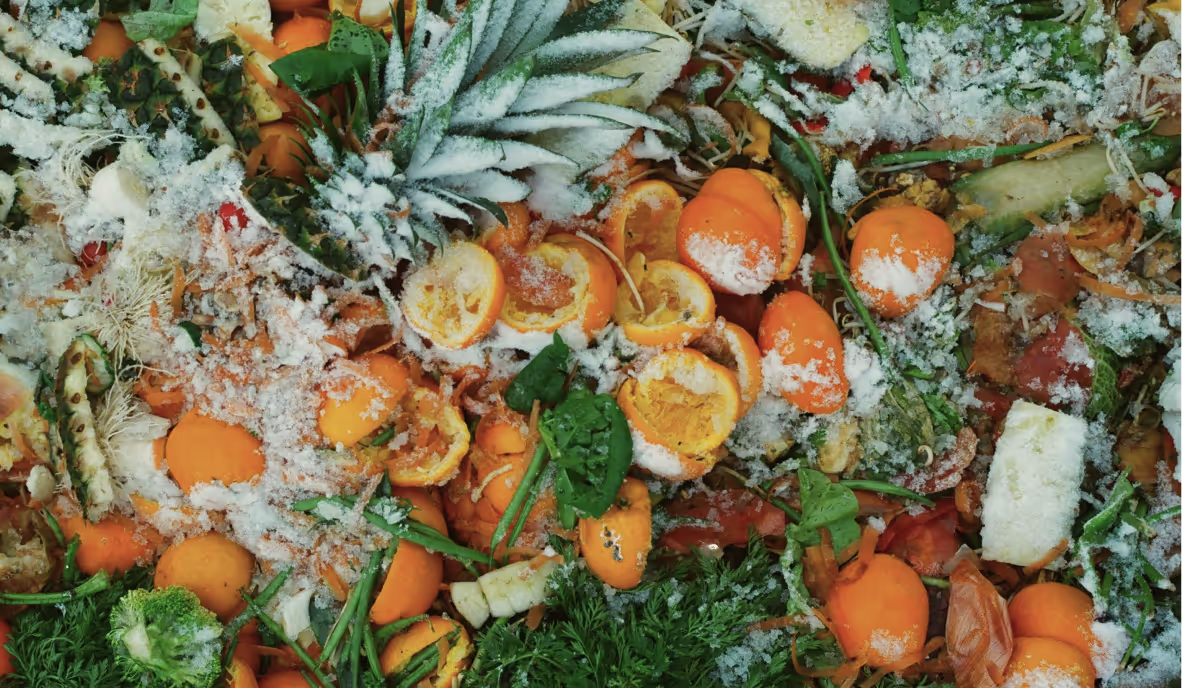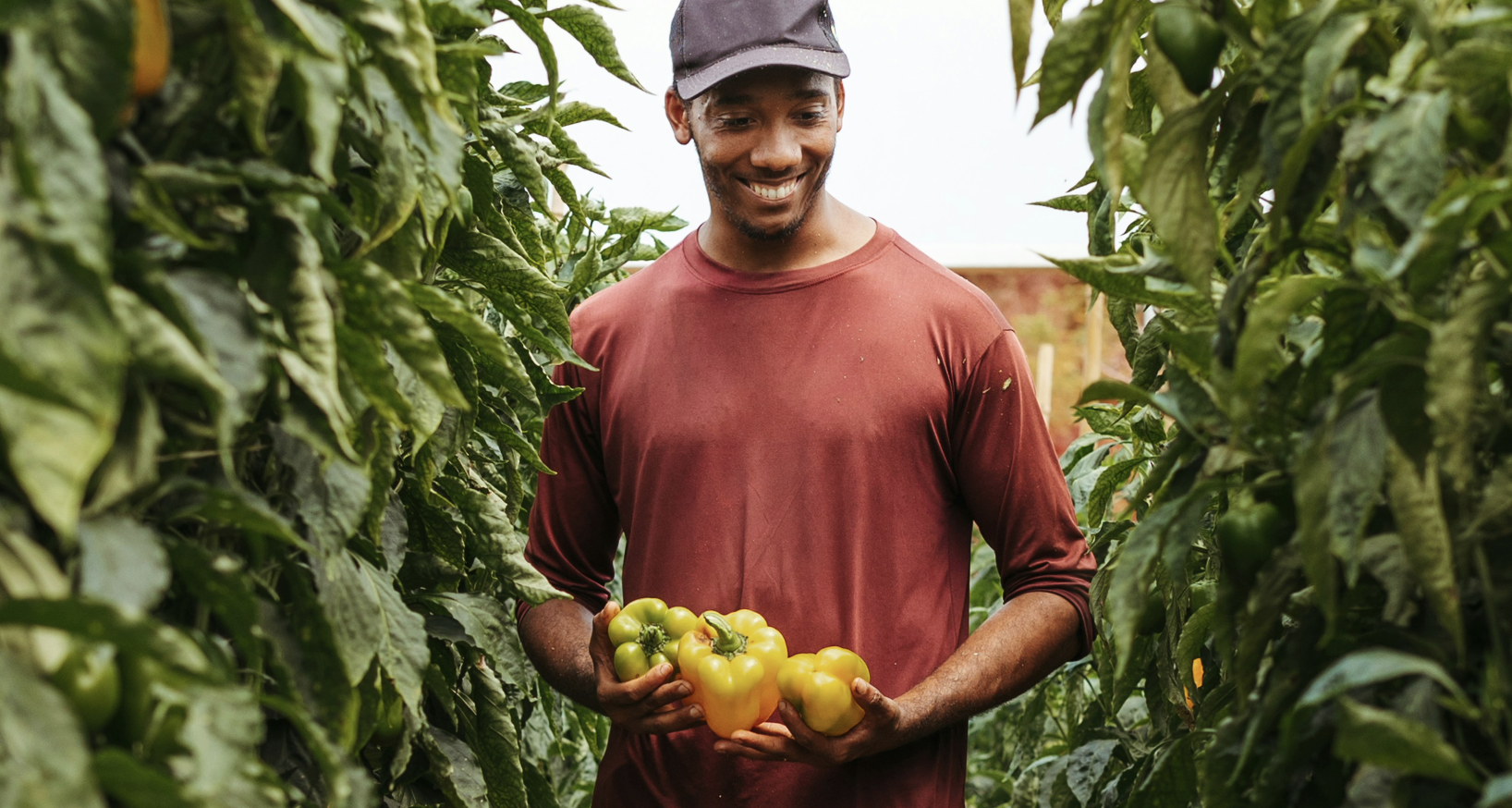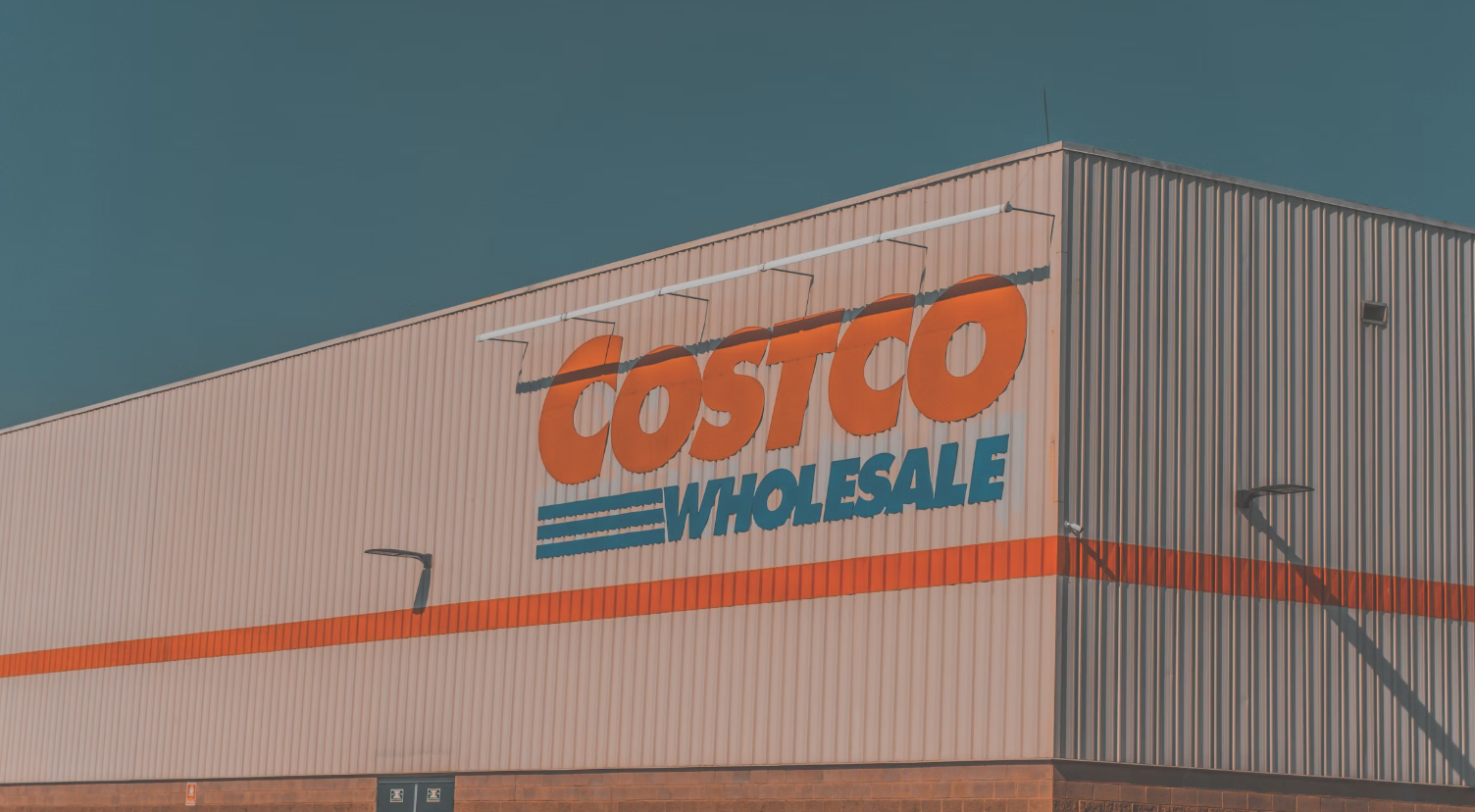How to Start Bokashi Composting

Join the community





Composting is a great way to keep organic waste out of landfills and cut down on methane emissions. But what if you don't have a backyard for composting?
That's where Bokashi composting comes in. It's a perfect composting method for apartment dwellers or anyone with limited outdoor space.
What is Bokashi composting?
Bokashi means fermented organic matter in Japanese. Unlike traditional composting, which requires oxygen and involves decomposition, Bokashi composting uses fermentation in an oxygen-free environment.
All you need is an airtight container to store food scraps and Bokashi bran, a dry product that you can order online.
Start by filling the compost bin with food scraps and Bokashi bran. Close it tightly and let it ferment for at least one week (two weeks is better). Ensure no oxygen enters the bucket once it's closed.
The fermentation process produces Bokashi tea, which contains organic acids, alcohol, and other metabolites. The container should have a bottom spigot to drain the Bokashi tea every 2-3 days to keep the microbes active.
Use Bokashi tea as fertilizer for indoor plants or lawns, as a compost enhancer, or as a drain unblocker.
After about two weeks, you'll get pre-compost. Add it to your regular hot or cold compost or feed it to worms in a vermiculture composting system. If you have a garden, you can also dig a trench and bury it there.
{{cta-join2}}
Advantages of Bokashi composting
Bokashi composting works with more types of waste, including bones, meat, dairy, and leftovers that you usually can't compost. Bokashi fermentation breaks down waste faster than traditional composting. Since it's anaerobic, it reduces odors by keeping waste sealed off from oxygen.
It doesn't smell or attract pests like bugs or rodents.
You can keep a Bokashi bucket indoors, even in small spaces like apartments. It's also better for the environment because it doesn't release carbon dioxide or methane like landfills or traditional compost heaps.
What can you compost in Bokashi composting?
Since bokashi is a fermentation process, unlike traditional composting, you can also add fat, dairy, meat, and bones to a Bokashi system. Here’s a more complete list of things that you can Bokashi compost:
- Beans, lentils, hummus, bean dips
- Cooked food and leftovers (at room temperature or colder)
- Coffee grounds and looseleaf tea
- Dairy products or food with dairy in it
- Eggshells
- Fermented and preserved foods
- Fruits and veggies, cooked or raw
- Meat, fish, and bones of those animals
- Nuts and seeds
- Oyster, clam, and shrimp shells
- Plant clippings
Avoid adding liquids, as high moisture content can hinder the growth of necessary microorganisms.
Also, do not include produce or meat that is very rotten or has black or green mold. These can introduce harmful organisms that interfere with the system's bacteria.






.png)




